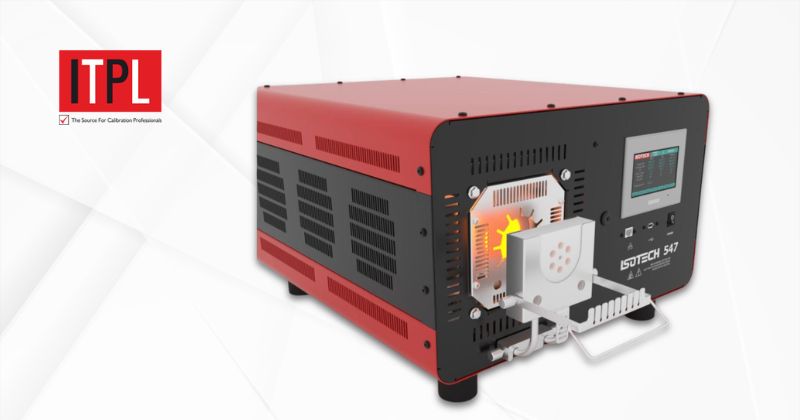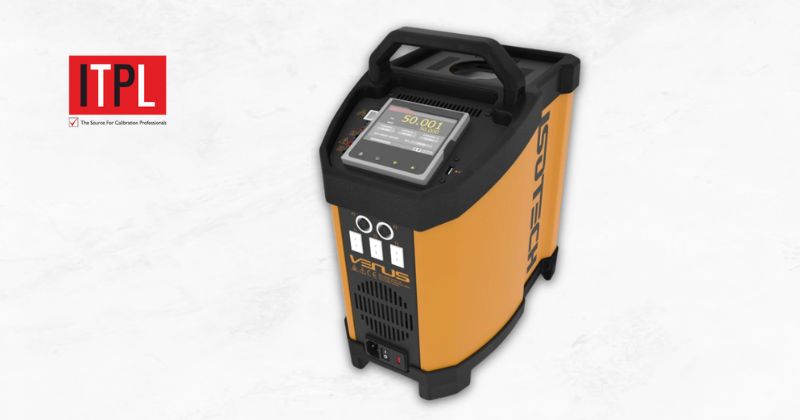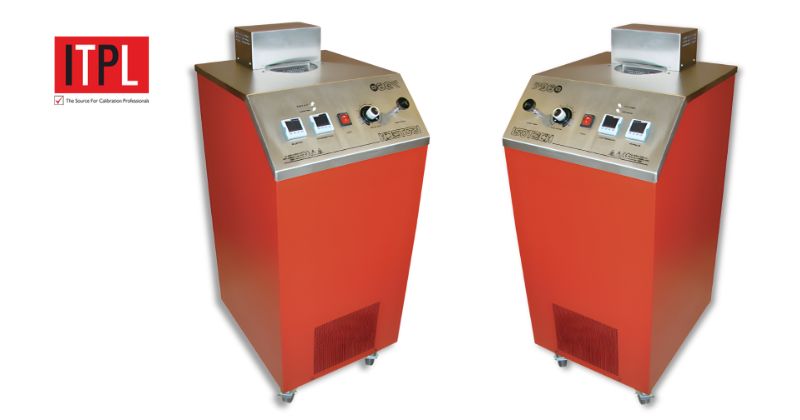In the competitive environment of modern industrial manufacturing, there is little room to lose. Accuracy and reliability are not only the aims, but survival qualities. A Benchtop Multiproduct Calibrator has become the ultimate multifunction calibrator for organizations that cannot afford measurement drift. It is the blood of any advanced metrology lab that guarantees good quality and safety.
This laboratory calibration equipment is necessary to provide high-accuracy calibration of parameters such as voltage, current, and temperature. Whether it is a power plant or an R&D plant, a high-precision Multiproduct Calibrator will establish a complete traceability of all sensors and a requirement that they are all in compliance.
What is a Benchtop Multiproduct Calibrator?
A Benchtop Multiproduct Calibrator is simply a multi-parameter calibrator, designed to be used by industrial calibration systems. A bench unit is a better type of instrument, although handheld tools are useful in field spot checks.
It offers the accuracy and long-term stability of a ppm level needed in laboratory grade calibration. It merges various functions, thus forming a lean workflow among technicians.
Defining the Multi- Parameter Scope
A typical Multiproduct Calibrator is a central station of a number of important instruments:
- Voltage Source Calibrator: For the calibration of DC/AC reference signals.
- Current and Loop Calibrator: This is necessary to test 4-20mA process loops.
- Resistance Calibration Unit: Has the ability to simulate the exact values of Ohmic.
- Frequency Calibration Instrument: This is a timing circuit and signal analysis instrument.
- RTD and Thermocouple Simulation: It is essential for checking temperature transmitters.
Benchtop vs. Portable: Which Should You Choose?
Although each has its own merits, it is important that you know the technical differences so that you can be in control of setting up a turnkey calibration lab.
| Feature | Portable Calibrator | Benchtop Multiproduct Calibrator |
| Primary Use | Field maintenance and troubleshooting | Laboratorygrade precision testing |
| Accuracy | Standard (0.01% – 0.05%) | Ultra-High (ppm-level / 0.001%) |
| Stability | Medium (Subject to ambient changes) | High (Thermostatically controlled) |
| Power Drive | Battery limited | High current/voltage driving capacity |
| Automation | Basic | Fully programmable via PC software |
Key Features of a High-Precision Multifunction Calibrator
1. Unmatched Consolidation
The main attraction of a developed multifunction bench calibrator system is its consolidation. A single chassis has the capabilities of five or more individual devices. This technology promotes the overall maintenance of instruments.
2. Metrology-Grade Accuracy
To achieve the compliance of the NABL calibration lab tools, the accuracy is calculated in parts per million (ppm). An expensive Multiproduct Calibrator provides the capability of low-drift, where the instrument remains within the 365 days or longer tolerance.
3. Automated Industry 4.0 Workflows
Current digital calibration systems are no longer hand-based. The programmable calibration source capabilities make the stepped calibration of a meter to be automated by the technicians.
Statistical Fact: Surveys indicate that with an automated calibration system, the error rate in data-entry by humans is reduced by as much as 90 percent, and the lab throughput can be enhanced by about 60 percent.
Technical Parameters: Evaluating the Multiproduct Calibrator
The most valuable piece of paper you will have when you pay a visit to a supplier of calibration equipment is the so-called spec sheet. Focus on these variables:
- Voltage Range: A range of between mV and 1000 V in both DC and AC.
- Present Drive: Ability to work with up to 20A or 30A clamp meters.
- Total Uncertainty: The calibration of your Multiproduct Calibrator must be at least four times more precise than the calculation of the instruments that you are calibrating (the ratio is 4:1).
Applications: Where the Multiproduct Calibrator Shines
1. Metrology and Standard Laboratories
These calibrators provide house standards in a complete corporation. Any approved industrial calibration solution is dependent on them.
2. Power Generation and Distribution
A faulty meter can create devastating results in a power plant. Calibration systems of power plants are based on such units, which test the protective relays and control room devices.
3. Oil, Gas, and Chemical Processing
High levels of precision are needed in risky surroundings. The testing of oil and gas instruments is often concerned with the frequent calibration of thermo-critical gas and oil sensors as well as transmitters.
The Business Case: ROI and Compliance
In addition to the technical specifications, it has a solid financial case in favor of this equipment. The price of the benchtop calibrator in India is an important investment, but the ROI is quick.
It saves the Total Cost of Ownership as you are not maintaining five instruments but just one. Moreover, it is also much easier to have ISO and NABL audits with a single, high-spec Multiproduct Calibrator.
Buying Guide: Selecting a Provider
Selecting hardware is not the whole battle. Your industry industrial Calibration partner must provide:
- Installation: This is to make sure that the bench is properly installed.
- Training: Education of the technicians in the use of the programmable feature of the calibration source.
FAQs: Understanding the Benchtop Multiproduct Calibrator
Q1: What is a Multiproduct Calibrator?
Ans: It is a multifunction calibrator that is all-in-one and sources and measures electrical and thermal signals to document the validity of other test instruments.
Q2. What is the benefit of using a bench box model rather than single functionality units?
Ans: It offers “economies of scale.” The work of several tools is performed by one unit, which causes less clutter and lowers the yearly service expenses.
Q3. Is it appropriate for NABL-accredited laboratories?
Ans: Yes. Such units are made with high stability and traceability calibration level demanded by ISO/IEC 17025.
Q4. Will this equipment be able to automate my process of calibration?
Ans: Absolutely. The majority of digital calibration systems today are operated not only through software to automate the process of signal sourcing but also create reports immediately.
Q5. What is the suggested duration of the warm-up?
Ans: Internal precision references also need time to stabilize, and therefore, a 30-60 minute warm-up period is necessary to achieve high-accuracy calibration.
Conclusion
A Benchtop Multiproduct Calibrator is not a purchase; it is an investment in quality and operational excellence that will last a long time. Locate all your metrology laboratory gear into a single high-performance unit, and you reap the benefits of unparalleled efficiency and technical overhead reduction, along with having to be sure that every measurement that your organization makes can be described as above reproach.
To those organizations that wish to have a turnkey calibration lab facility, the right partner is the starting point towards precision. In the time of precision, which is the new standard worldwide, do not be satisfied with less than a full-fledged industrial calibration solution. ITPL offers the highly sophisticated instrumentation and expertise that are required to keep your facility ahead of the pack in terms of standards of metrology.
Today, contact ITPL India to receive professional advice on the choice of the ideal Benchtop Multiproduct Calibrator equipment to be used in your laboratory.




